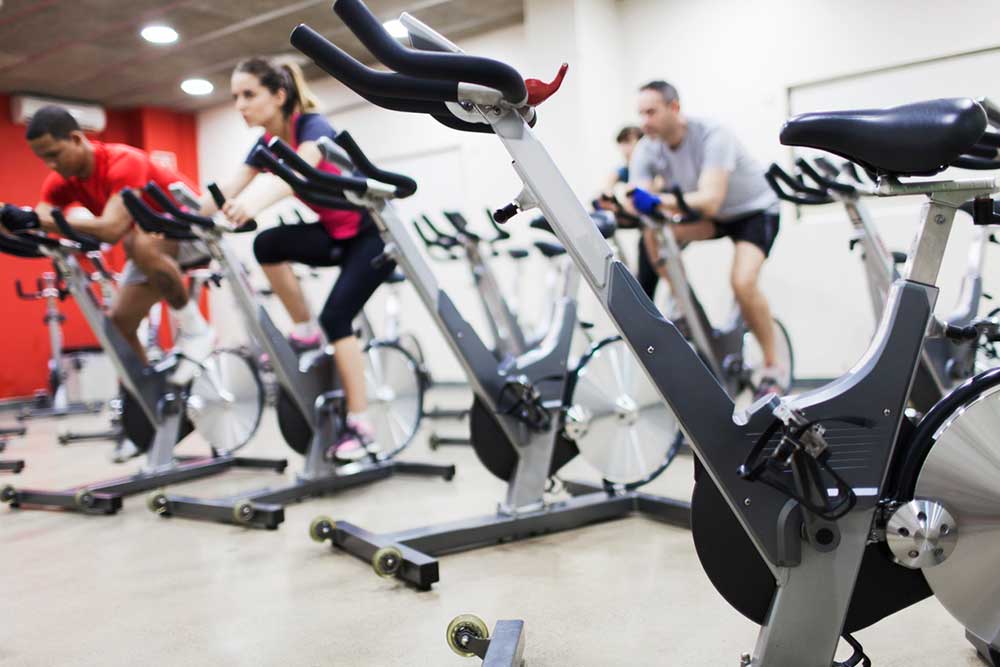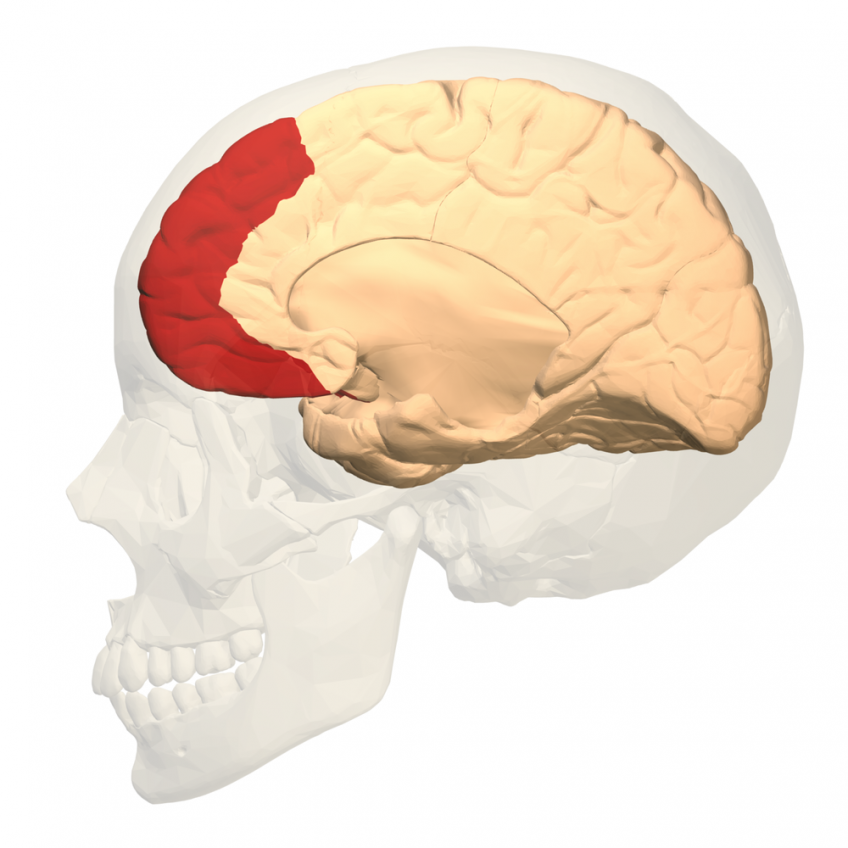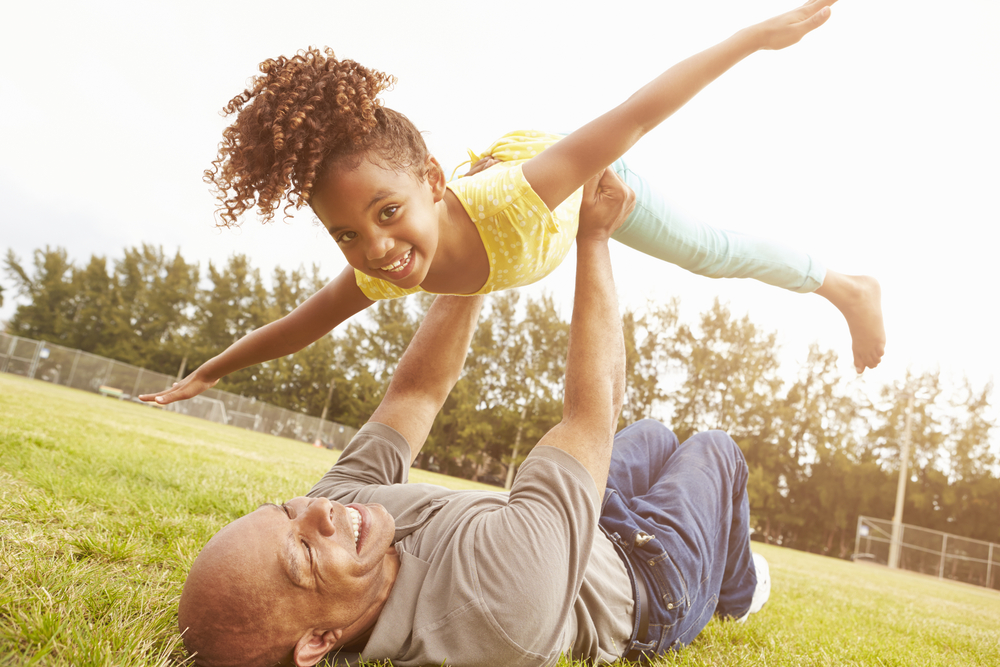The Process Of Movement Between The Brain And Body
Julia C. Basso, PhD Did you ever wonder how we move? The ability to move is an interconnected process between the body and brain. As I have discussed before, the motivation to move is regulated by the reward circuitry of our brain. But what actually happens when the brain gets the signal, “ok, let’s get










